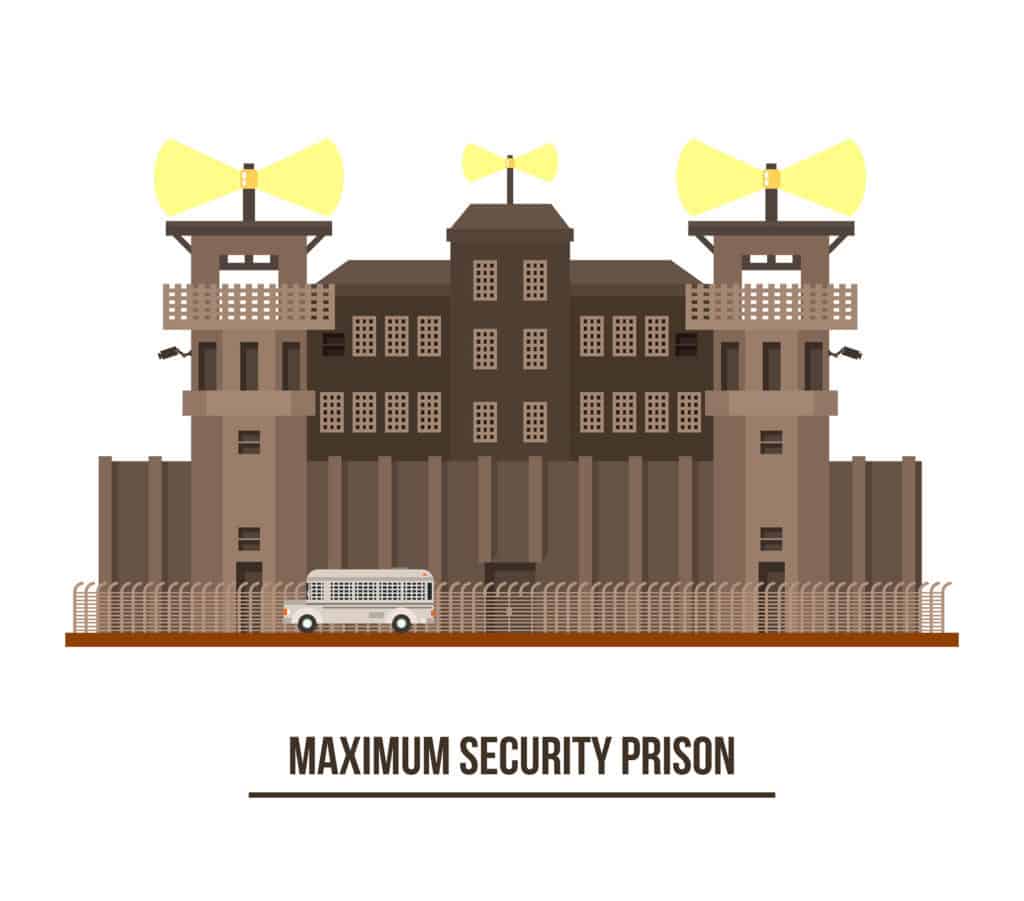A lawsuit alleging “grossly deficient” medical care at a maximum-security prison in Angola, Louisiana went to trial earlier this month in Baton Rouge federal court.
Lawyers for the inmates say their clients suffered cruel and unusual punishment. The lawsuit claims that inmates have already experienced exacerbation of existing conditions, unnecessary pain and suffering, disfigurement, permanent disability and even death.
Dr. Raman Singh, the former medical director of the state corrections department, stated the day after the suit was filed that the prisoners received quality medical care. Singh was fired in 2017 after allegations of sexual harassment.
According to the lawsuit, Angola’s medical care declined further after Earl K. Long Medical Center in Baton Rouge was closed due to reorganization of Louisiana’s charity hospital system. The hospital used to serve prisoners who were suffering with medical emergencies.
The lawsuit states: “Prisoners report horror story after horror story: a man denied medical attention four times during a stroke, leaving him blind and paralyzed; a man denied access to a specialist for four years while his throat cancer advanced; a blind man denied even a cane for 16 years.”
A dozen of the prison inmates sued the DPSC Secretary James LeBlanc, the Department of Public Safety and Corrections, and Angola’s wardens.
The lawsuit is claiming delays in treatment, evaluation and access to specialty care; inappropriately managed medications; denial of necessary medical treatments, such as medical devices, surgery, medication and physical therapy; lack of qualified staff; and poor follow-up care.
The lawsuit also cites death of inmate James Johnson, who was treated for multiply myeloma until 2012, when the defendants said his treatment was too costly. Instead of chemotherapy, the inmate was given steroids, which kept his blood sugar levels high and caused his legs to swell. His cancer continued to progress. He was placed in hospice care in June 2014. Johnson claimed, before his death, that his doctors made rounds every one to two months.
Chief U.S. District Judge Shelly Dick is presiding over the trial.



